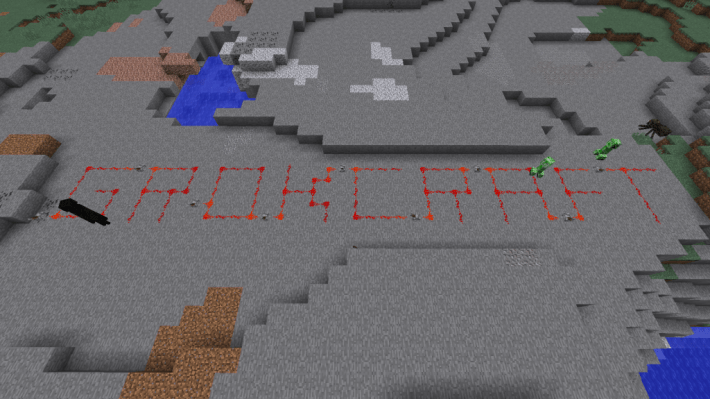
Parents, Educators and School Administrators are beginning to realize that this isn’t a break or a blizzard. Many of them are hitting the ground running, some are laying as low as possible this week and hoping things will settle, a few are immobilized. And every teacher I know or talk to is trying to figure out a strategies. Teachers, you know it is true: You LOVE strategies. And I love you for it. But these are strange times, and if your strategies or lack of them are making you feel stuck, maybe some of this will help. I have my two cents and then a list of resources for you.
First, my two cents, based on working in special education, public education, higher education and clinically over the past 25 years. The most important thing right now for kids right now is to stay calm, connected and establish new flexible routines at home. No homework packets, no busy work to keep them “occupied.” As tempting as this may be to administrators, educators and parents, that does not really lend to good learning, in fact it is this adherence to the status quo that partly got us into this problem to begin with.
- Play is OK. There is a wealth of research out there on the benefits of physical and digital play on cognition, visuospatiomotor skills, social emotional learning, and more. Allowing kids to engage in stress-relieving fun will make them better learners, keep them in contact with their peers, & feel mastery at a time when all of us are feeling little.
- Look for the embedded learning in the activity. This is different than trying to structure learning too much. When you are able to focus on your child between other things you are doing as a parent or online educator, try to identify what learning is happening with the play activity and maybe share it when the child is done. I say maybe because first and foremost this is for you to reassure you and calm your anxiety that your child or student is falling behind and will end up living in a cardboard box on the highway because they are playing Portal 2 rather than doing math sheets. Instead, watch the game a bit, and ask yourselves, are there things about physics embedded in the game? Does Plants Vs. Zombies have an opportunity to discuss task planning, sequencing, or math skills (hint, it does: all of the above.) Try to see the things that kids are always learning in play. Now don’t interrupt and ruin it.
Ok, I know that’s not enough for many of you. So here’s a list of some things educational innovators are offering for parents, kids and schools as resources for online learning:
From Continuity with Care to Zoom Memes for Self Quaranteens–My Internet Responds to COVID-19
Parenting (in RL) during a pandemic
Resources For Teaching and Learning During This Period of Social Distancing
THE COLLECTION :Explore thousands of artworks in the museum’s wide-ranging collection—from our world-renowned icons to lesser-known gems from every corner of the globe—as well as our books, writings, reference materials, and other resources.
Coping With COVID19: Advice for Parents & Educators
Brown Center Chalkboard (Ed policy thinking)
Invitation: Continuity with Care During COVID-19: Curation & Conversation (Curated and Crowdsourced Teaching Tips)
Kind Words: Lo fi chill beats to write to
Creating Educational Experiences through Narrative in Minecraft with Stephen Reid
Educators can also join one of my free Zoom groups (download free software at (http://zoom.us )
Thursdays 3-4 EST
COVID19 Educator Support: Not tech support. This meeting is to provide psychoeducation and collegial support for educators adjusting their teaching to COVID19
Meeting ID: 906-040-691
Password: 02554









